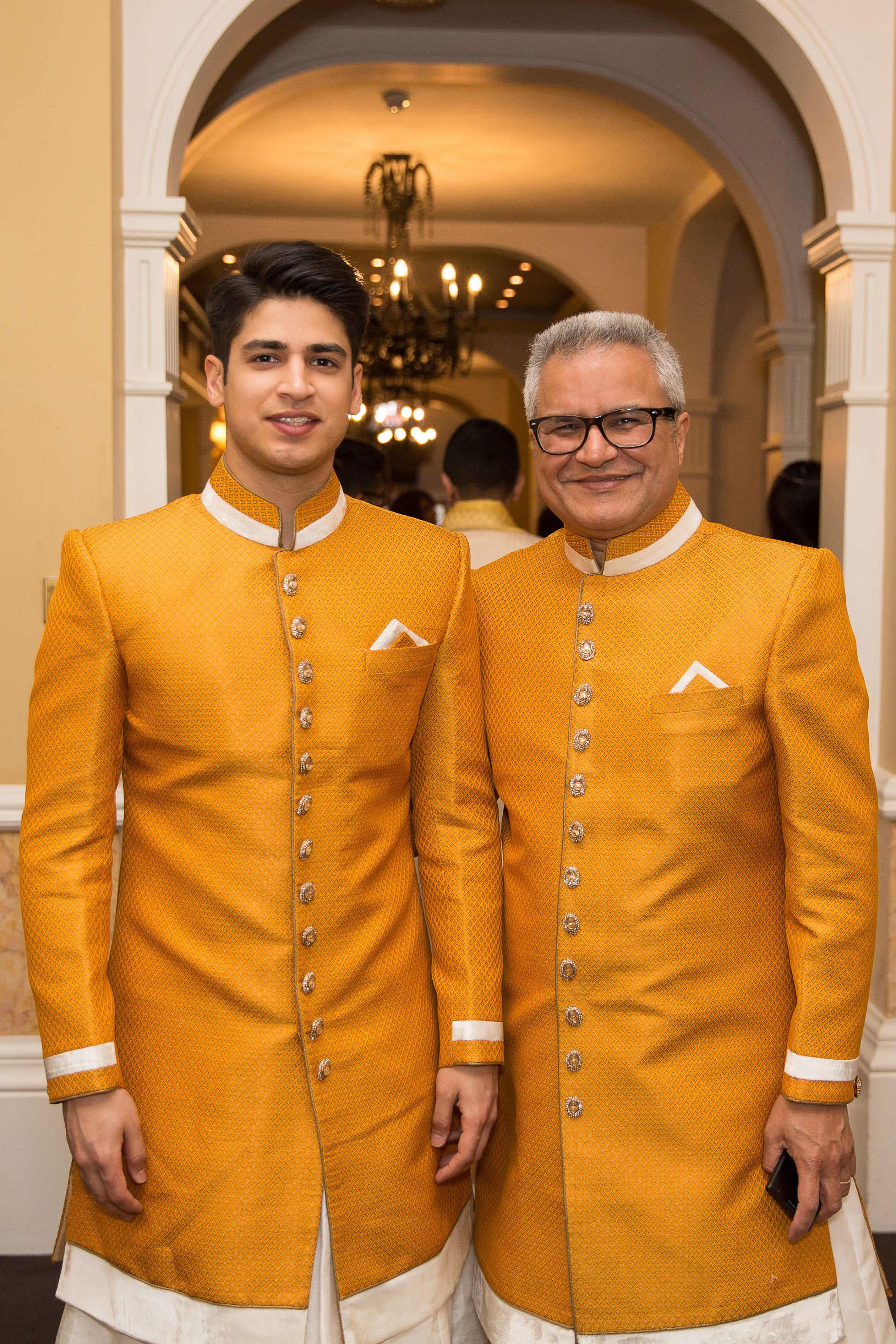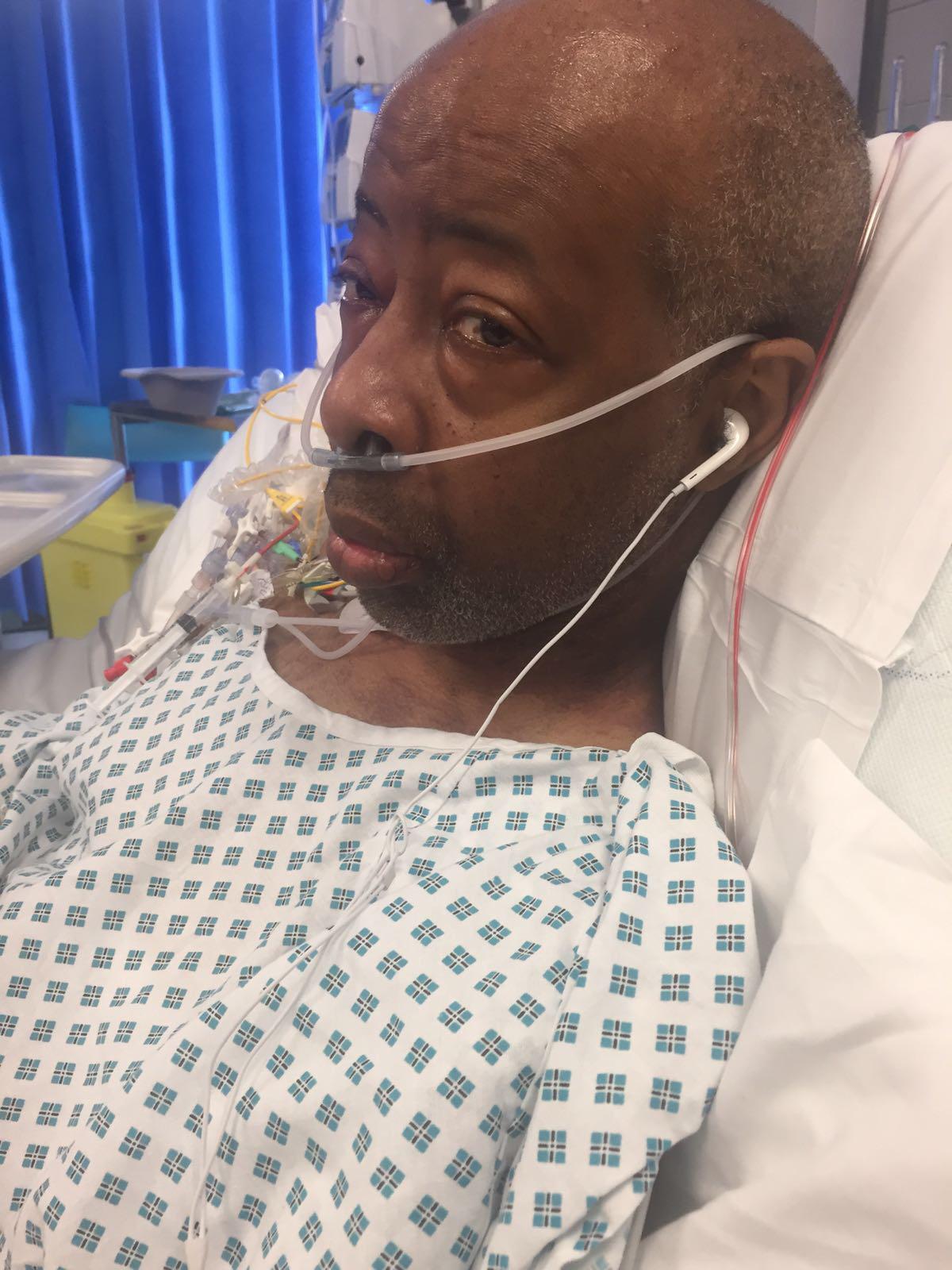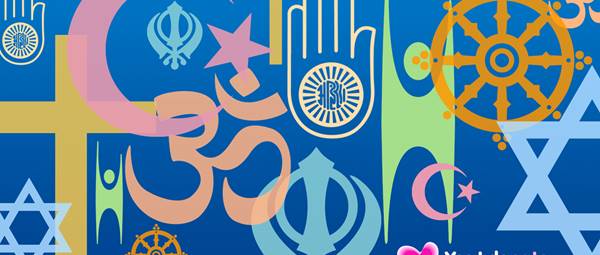Organ donation and your beliefs
All the major religions and belief systems in the UK support the principles of organ donation and transplantation.
More black, Asian and minority ethnic people are giving the gift of life through organ donation and receiving lifesaving transplants than ever before, but too many donation opportunities are being missed because families are not discussing the subject and making their decisions clear.
New figures from NHS Blood and Transplant reveal that 121 people from these ethnic backgrounds donated their organs after they died last year, the highest number to date. This figure has increased by 51 percent in the last five years 1.
And 969 black, Asian and minority ethnic patients received an organ from a deceased donor last year, accounting for a quarter of all deceased donor transplants.
But there is still a stark imbalance between the numbers of black, Asian and minority ethnic donors and those patients in need of a lifesaving transplant. People from these communities represented eight percent of all deceased donors last year compared with 31 percent of those on the transplant waiting list.
Although consent rates have risen, with 42 percent saying yes to organ donation when asked in hospitals, still only around half as many black, Asian and minority ethnic families support donation compared with families from a white background 2.
Not knowing if their relative wanted to be an organ donor is one of the most common reasons for refusal, leading to 130 black, Asian and minority ethnic families to say no to donation over the last five years.
The figures are revealed in NHS Blood and Transplant’s annual report into organ donation and transplantation in black, Asian and minority ethnic communities for 2018/2019.
Millie Banerjee, Chairman of NHS Blood and Transplant, said: “Although the steady rise in donors and transplant recipients from black, Asian and minority ethnic communities is positive progress, the shortage of organs for transplant remains critical.
“For every person from a black, Asian and minority ethnic background who gave the gift of an organ last year, there were 15 in need of a transplant to save or drastically improve their lives. Tragically, many will die waiting.
“We know that families who haven’t discussed organ donation often decide it’s safer to say no when faced with the possibility of donating a relative’s organs. Not having the conversation means opportunities for lifesaving transplants are being lost.
“To save and improve the lives of more people from black, Asian and minority ethnic backgrounds, we urgently need people to decide they want to be a lifesaving organ donor and share that decision with their families.”
Another reason commonly given by black, Asian and minority ethnic families for declining to donate a relative’s organs is the belief it is against their religion or culture 3.
However, all the major religions support organ donation and transplantation in principle, and a great deal of work is being done within faith communities to break down the myths and perceived barriers to donation.
 Shivum Kakkad, 30, and his family agreed to organ donation after his father Bharat died earlier this year following a cardiac arrest. Shivum, who runs the family’s children’s nurseries business, says their Hindu faith helped their decision.
Shivum Kakkad, 30, and his family agreed to organ donation after his father Bharat died earlier this year following a cardiac arrest. Shivum, who runs the family’s children’s nurseries business, says their Hindu faith helped their decision.
Bharat, 63, fell ill suddenly one morning at home in Middlesex. He was taken by ambulance to Harefield Hospital where scans revealed he had also suffered hundreds of strokes to the brain. Doctors told the family he was unlikely to recover.
Shivum said: “They said we should spend time with him over the next few days. It was then that we as a family talked about organ donation. My father was a very giving person. He did charity work and the Hindu act of Sewa, of service to god, was important to him.
“When the specialist nurse approached us about organ donation, we had already made our decision. There was no hesitation. We knew that helping others in need was exactly what my father would have wanted.”
The family have since received a letter from NHS Blood and Transplant informing them that a woman in her 50s and a man in his 60s benefited from kidney transplants following Bharat’s donation.
 Michael Willis, 61, received a lifesaving double lung transplant in 2017 after being diagnosed with sarcoidosis, a rare lung condition that causes patches of red and swollen tissue to develop in the organs of the body.
Michael Willis, 61, received a lifesaving double lung transplant in 2017 after being diagnosed with sarcoidosis, a rare lung condition that causes patches of red and swollen tissue to develop in the organs of the body.
The jewellery maker from Wednesbury said: “I was told I had six months to live and my last option was a lung transplant. I had researched organ donation and it’s then that I realised how much of a shortage there is of black and Asian donors. I was devastated and thought this going to be the end.
“I am and always will be forever grateful to the person and their family making the decision to donate their lungs.”
There were 1,883 black, Asian and minority ethnic patients on the transplant waiting list in March 2019. Although this figure is four percent smaller than in 2014/15 4, these communities still make up almost a third of those waiting for a lifesaving transplant.
The new figures show that patients from these backgrounds continue to wait longer for an organ. Just 19 percent of black, Asian and minority ethnic patients have received a transplant one year after being listed for a kidney, the most commonly transplanted organ, compared with 31 percent of white patients.
Kirit Modi, Honorary President of the National BAME Transplant Alliance (NBTA), said: “The 2018/19 report is reassuring because it shows a small increase in the number of black, Asian and minority ethnic organ donors.
“The introduction of opt out in England and Scotland in 2020 provides a unique opportunity for black, Asian and minority ethnic communities, NBTA and NHS Blood and Transplant to work in partnership to explain this important change and I hope that this will result in greater increases in the number of organ donors from black, Asian and minority ethnic backgrounds in the future.”
NHS Blood and Transplant, with support from NBTA, is leading a Government campaign to address the urgent need for black, Asian, mixed race and minority ethnic donors.
Minister for Care Caroline Dinenage said: “It’s fantastic that we are seeing the highest ever numbers of donors from these communities – this is testament to the incredible work breaking down the myths and perceived barriers to donation.
“Despite this progress, we must remember that for every person from a black, Asian and minority ethnic background who gave the gift of an organ last year, there were 15 others in need of a transplant. There’s so much more to do so we can keep saving lives, and I hope everyone takes the opportunity this week to discuss donation with their loved ones and register their decision. When the time comes, I want everyone to know that their decision will be honoured.”
In 2020, the law around organ donation will be changing in both England and Scotland. Both countries will be introducing an opt out system for organ donation, just as Wales did in December 2015 and Jersey from July this year.
While being an organ donor is down to individual choice, there is some concern that many people are making a decision not to be an organ donor based on incorrect information, because they are worried about the donation process or don’t think their faith or beliefs will be respected.
You can find out more about organ donation Register your decision on the NHS Organ Donor Register and share your decision with your family.
Videos answering some of the common myths and misconceptions about organ donation can be viewed on the NHS Organ Donation YouTube channel.
While there is an urgent shortage of organs for transplant for people from all backgrounds the problem is particularly acute for black, Asian and minority ethnic patients.
In the UK there is a high proportion of people from these ethnic backgrounds developing high blood pressure, diabetes and certain forms of hepatitis, making them more likely to need a transplant at some point in their lives.
Although many black, Asian and minority ethnic patients can receive a transplant from a white donor, for many the best match will come from a donor with the same ethnic background.
* The opt out system will be coming into effect in England from spring 2020. Excluded groups will include those under the age of 18, people who lack the mental capacity to understand the new arrangements and take the necessary action, visitors to England and those not living here voluntarily, and people who have lived in England for less than 12 months before their death.
You still have a choice about whether or not you wish to become a donor.

All the major religions and belief systems in the UK support the principles of organ donation and transplantation.

It takes just two minutes to register online.
